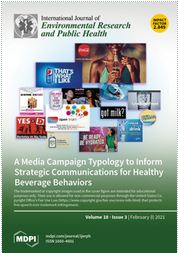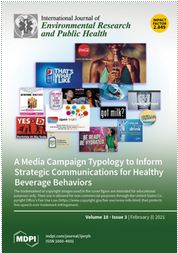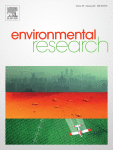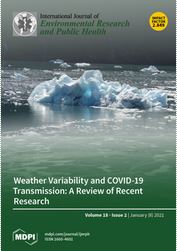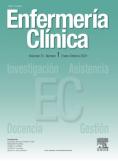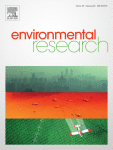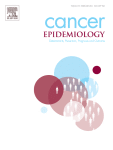Lessons from an International Initiative to Set and Share Good Practice on Human Health in Environmental Impact Assessment
Environmental Impact Assessment (EIA) is applied to infrastructure and other large projects. The European Union EIA Directive (2011/92/EU as amended by 2014/52/EU) requires EIAs to consider the effects that a project might have on human health. The International Association for Impact Assessment and the European Public Health Association prepared a reference paper on public health…



